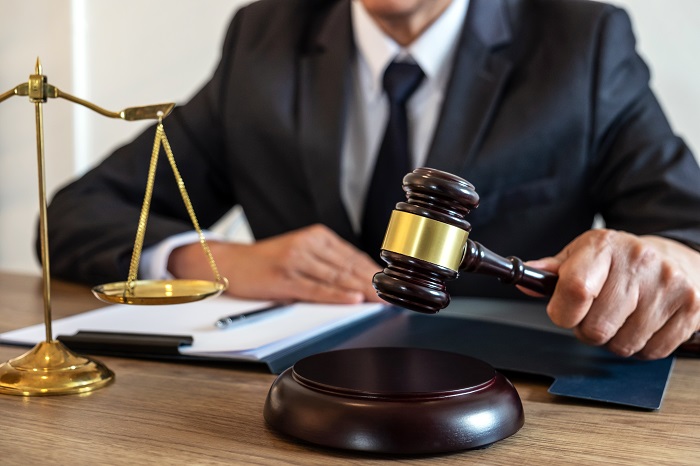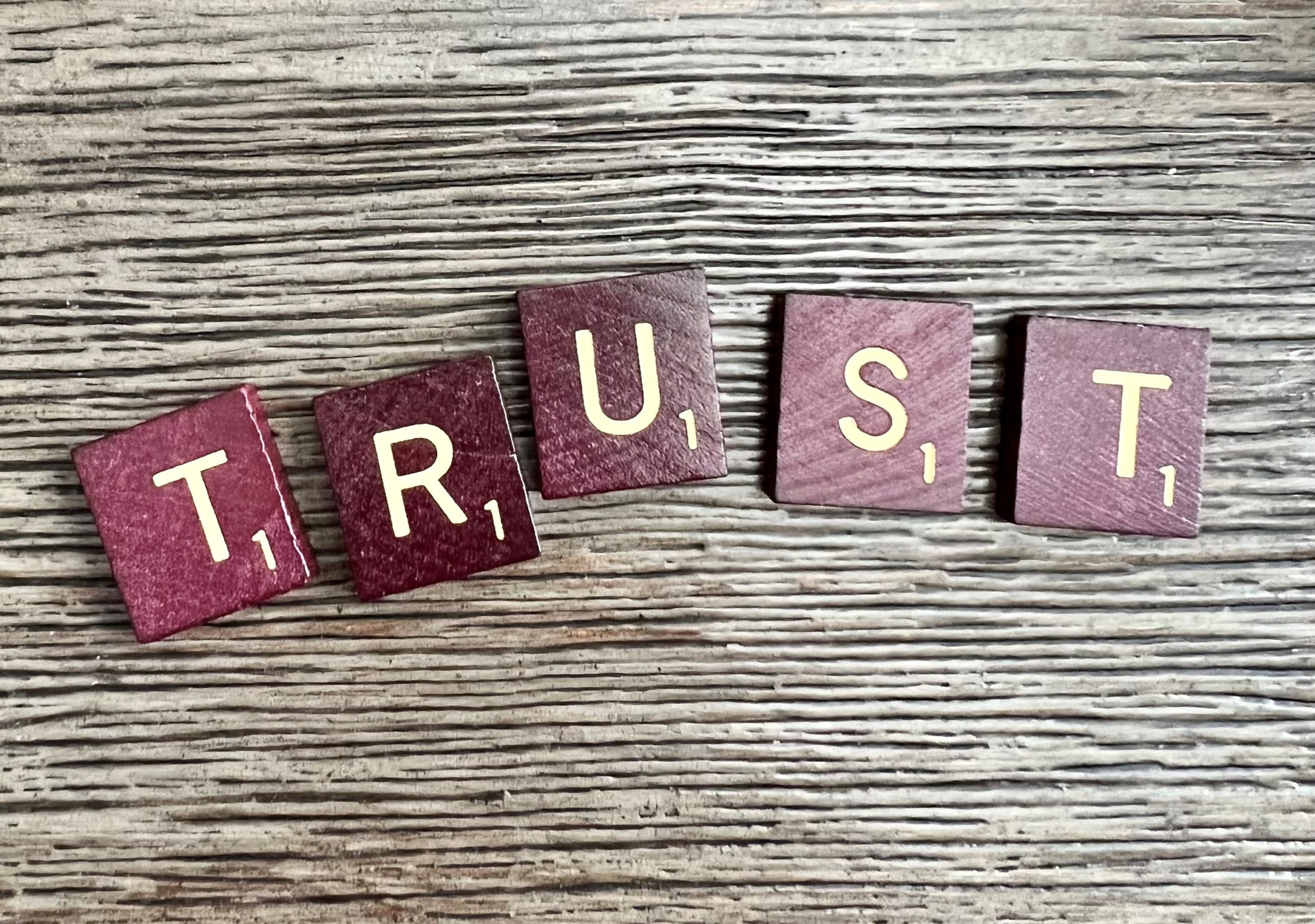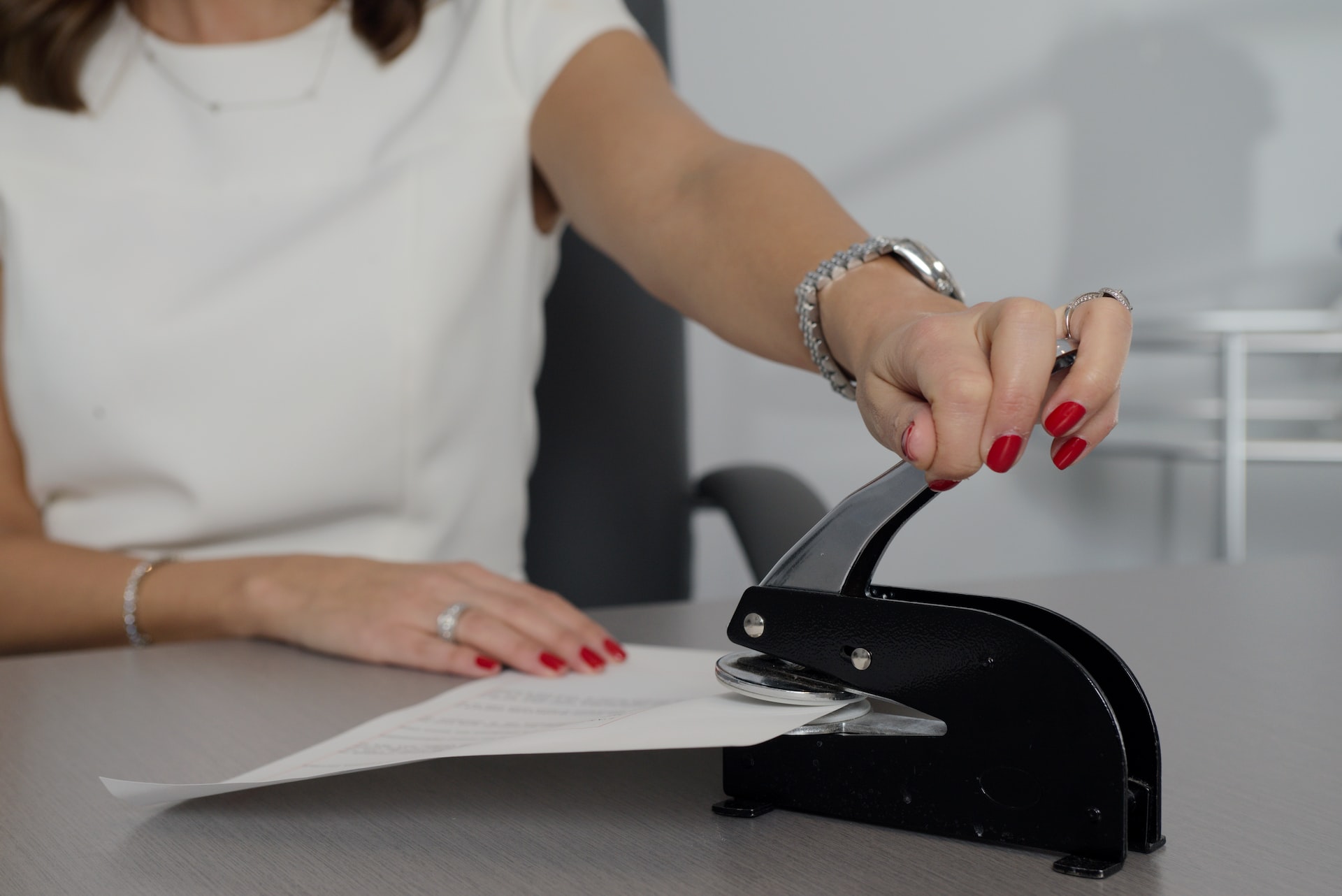These estate cases usually rely on what’s referred to as “hearsay” evidence or statements generally made outside of the courtroom. This article provides an overview of what hearsay evidence is, how it affects estate litigation, and how this rule can vary from province to province.
What is hearsay evidence?
Hearsay evidence encompasses written and oral statements made by someone outside of their courtroom testimony. Such statements are generally inadmissible as evidence or proof for assertions made in court. In R. v. Khelawon, the Court defined Hearsay to include:
- An out-of-court statement made by a witness who testifies in court if the statement is tendered to prove the truth of its contents
- The absence of a contemporaneous opportunity to cross-examine the declarant
There are numerous reasons why hearsay evidence can’t be used as evidence. This includes:
- The person making the statement was not under oath and not subject to cross-examination
- There was no opportunity to observe the statement maker’s demeanour at the time the statement was made
- There might be a situation of “he said, she said,” and where the original statement becomes muddied after repetition by different parties
- Hearsay evidence may lead to fraud
However, the inadmissibility of hearsay evidence is only the general rule. There are numerous exceptions to hearsay evidence’s inadmissibility, such as:
- Business records, such as documents created in the ordinary course of business
- Statements against a person’s interest
- Past recollections that were recorded
- Declarations of bodily and mental findings and conditions — i.e., someone claims they’re exhausted or feeling sick
- Declarations by the deceased
- Spontaneous exclamations
There are many more exceptions, and each exception has its own exceptions and allowabilities. This generally depends on the affiliated common law, provincial statutes, and more.
The exceptions for estate litigation
Many estate litigation cases are a game of “he said, she said”. For example, in Mak (Estate) v. Mak, various trial portions depended on one party’s credibility. One of the four brothers fighting for their late mother’s estate claimed that his mother wanted to leave a more significant portion of the estate to him. However, the Court found there was a lack of credibility with his statements and dismissed his hearsay evidence.
Often, hearsay evidence in estate litigation files is allowed due to the exception of business records, spontaneous exclamations, declaration of bodily and mental conditions, and declarations by the deceased. However, the other exceptions can also come into play.
The admissibility of the deceased’s statements turns on the statement’s reliability and notes the credibility of the witness giving the evidence of the deceased declarant’s statements. This was the situation in Mak (Estate) v. Mak. Whether the witness is credible ultimately relies on what the judge believes.
We see significant use of hearsay evidence when a beneficiary claims that the deceased provided them with a gratuitous gift. However, the estate may argue that the beneficiary was holding the asset as a resulting trust for the deceased’s estate. Again, this was an issue in Mak (Estate) v. Mak.
Provincial statutes and admissibility of hearsay evidence
Canada and each province have their own evidence acts. The provincial evidence acts often state how hearsay evidence may be admissible in their courts, beyond what’s displayed by common law. For example, section 13 of the Ontario’s Evidence Act states:
In an action by or against the heirs, next of kin, executors, administrators or assigns of a deceased person, an opposite or interested party shall not obtain a verdict, judgment or decision on his or her own evidence in respect of any matter occurring before the death of the deceased person, unless some other material evidence corroborates such evidence.
In summary, Ontario estate cases allow hearsay evidence in cases where there is corroboration. According to Pepe et al. v. State Farm Mutual Automobile Insurance Company, corroborative evidence is evidence that’s “from a source extraneous to the witness whose evidence is to be corroborated, that is relevant to a material fact in issue and that tends to show that the witness whose evidence needs corroboration is telling the truth.”
Estate litigation, like estate administration and other parts of the estate process, is complicated. But Estateably is here to make the estate administration portion easier for lawyers and legal teams.
Our cloud-based solution allows estate and trust professionals to automate court forms and precedents and save your business time and money. Book a free demo today.
Want to see how Estateably can save you and your practice hours by automating forms, precedents, and accounting? Book a 40-minute demo here or get started!














